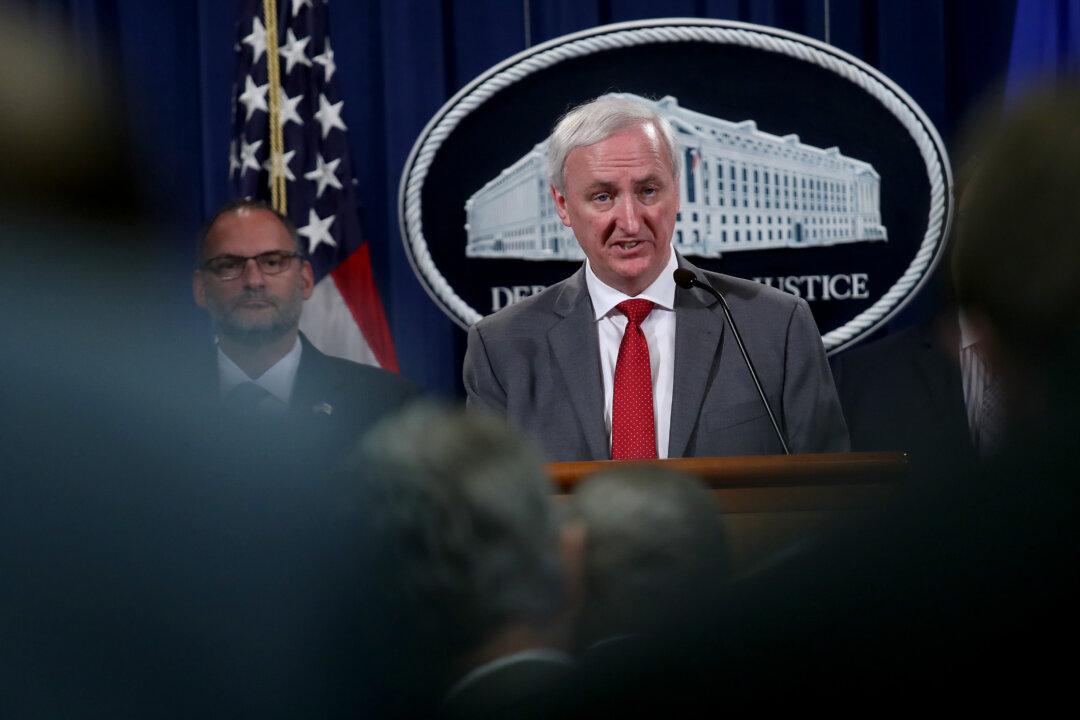Deputy Attorney General Jeffrey Rosen is urging the public to pay attention to efforts by foreign powers to influence the upcoming election, adding that the growth of technology and the internet has posed new challenges in recent years.
Rosen on Wednesday underscored the importance of voters being aware of malign foreign influence in order to be able to make informed decisions when voting in the upcoming presidential election.




